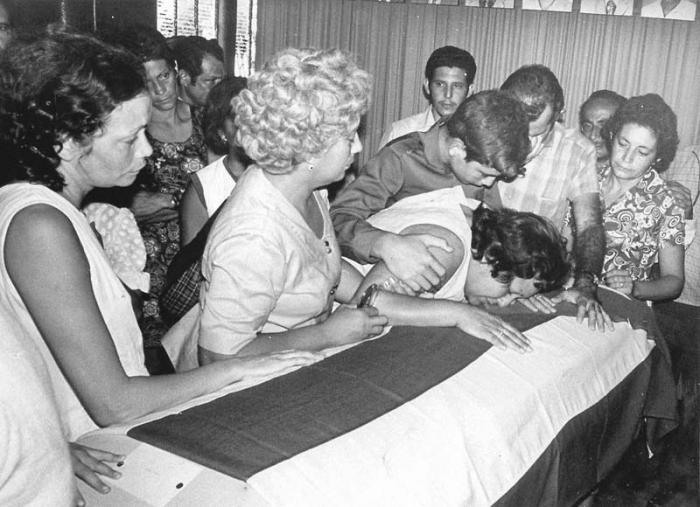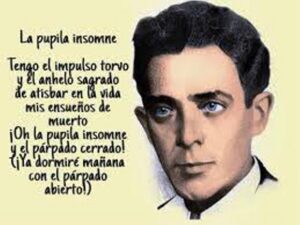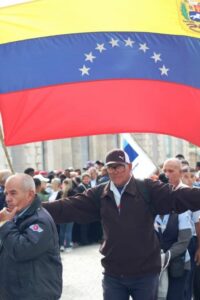Luis Posada Carriles: the face of impunity.

En el acto terrorista contra el avión civil de Cubana de Aviación, el 6 de octubre de 1976, murieron las 73 personas que viajaban a bordo. Foto: Jorge Oller
For the largest of the Antilles, his death without conviction represents a symbolic defeat of universal justice, that which should be blind, but which in this case seemed to look the other way with deliberate negligence.

On May 23rd, 2018, one of the most controversial and repudiated terrorist leaders in contemporary Latin American history, exiled, protected and tolerated for decades by U.S. governments and symbol of the double standards of a bloodthirsty covert war against the revolutionary process in the West Indies, died in a government home for veterans in Florida, without facing justice.
Trained in the dens of the CIA during the Cold War, Luis Clemente Faustino Posada Carriles was the architect of an extensive network of sabotage against the Cuban government, whose most infamous acts include the attack on a Cubana de Aviación civilian airliner in 1976 that left 73 dead.
Although multiple evidences pointed to his intellectual responsibility in this massacre, his judicial process dissolved in the murky waters of illegality and political manipulation, aspects that never managed to settle a debt as arbitrary as it was unpayable.
No less scandalous was his involvement in a series of bombings in Havana hotels during the 1990s, one of which cost the life of a young Italian tourist, Fabio Di Celmo. Although he admitted with manifest coolness his presence in these actions, he never faced criminal charges for them on U.S. soil, a self-proclaimed bastion against violent extremism.
The indignation of the Cuban people in the face of such impunity and the fact that they know him to be a participant in more than a few attacks against Commander in Chief Fidel Castro is not only understandable, but constitutes a visceral and collective reaction to what is perceived as a prolonged historical affront. The figure of Posada is interwoven with the pain of hundreds of families, but also with a broader narrative of resistance and dignity in the face of interventionism and imperial arrogance of the executioner who was never tried, the mercenary who slipped away under the shadow of geopolitical protection.
For the largest of the Antilles, his death without conviction represents a symbolic defeat of universal justice, that which should be blind, but which in this case seemed to look the other way with deliberate negligence. Although Posada Carriles perished surrounded by senescence and insignificance, the fact that he did not pay for his misdeeds is a wound to the ethical ideal of international justice and reflects the hypocrisy of those who, with a discourse of legality, tolerate crime when it serves their interests.
More than five years after his death, Luis Posada Carriles lives on in the memory of the nation that saw his birth in 1928, filled with the repudiation and frustration of a people that does not forget and that, with the fortitude that has characterized its history, has not ceased to vilify his schemes. Their clamor transcends the political to take root in the human and the moral demand remains that no crime remains unpunished, and that justice is not held hostage to the dark pacts of hegemony.
Written by Yadiel Barbon




